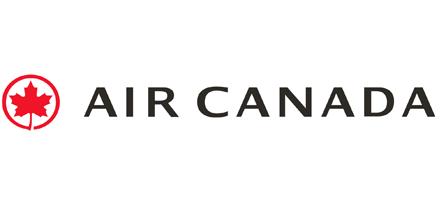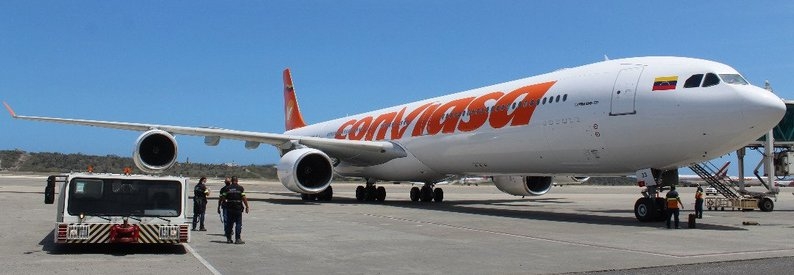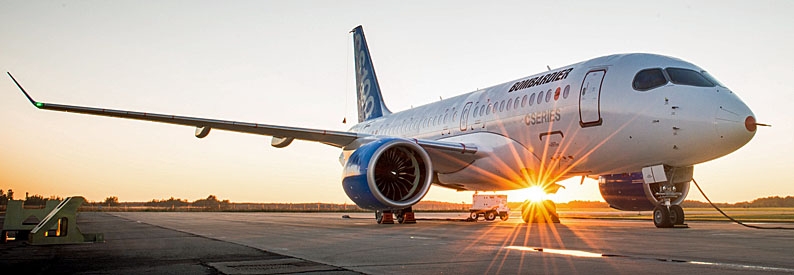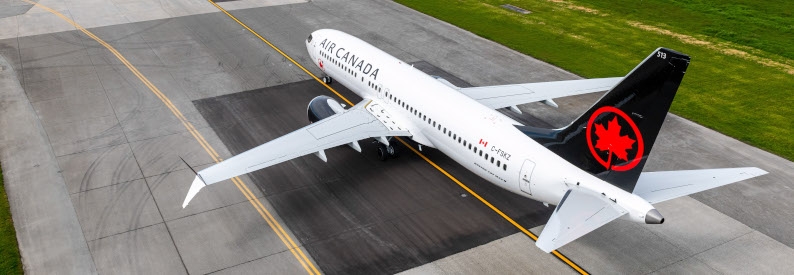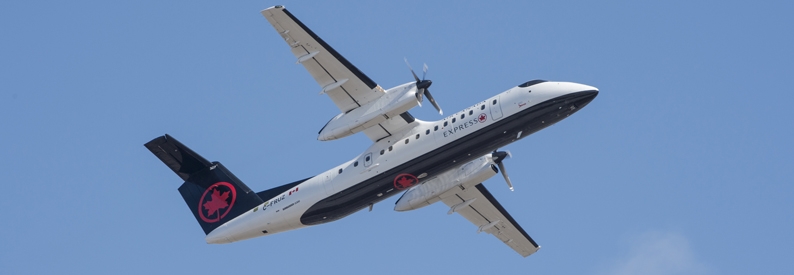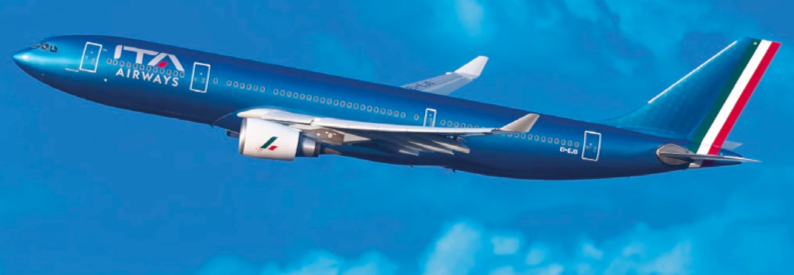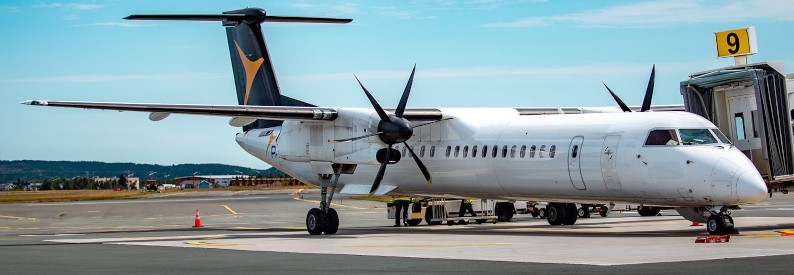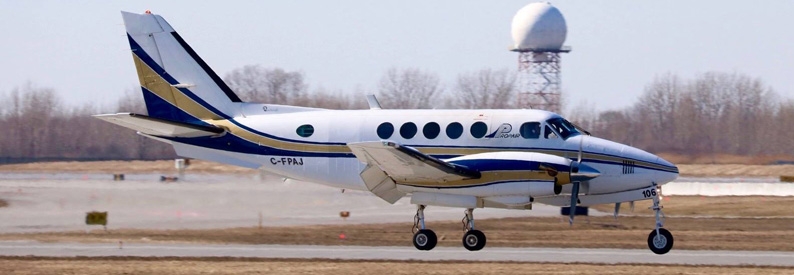Air Canada (AC, Montréal Trudeau) has withdrawn from further government financial support citing improved liquidity of CAD14.4 billion Canadian dollars (USD11.3 billion) and ongoing recovery from the pandemic.
The support package, announced in April 2021, provided the carrier with access to interest-bearing loans of CAD5.375 billion (USD4.251 billion) through several separate credit facilities. To date, the airline has accessed about CAD1.2 billion (USD949 million) for consumer refunds, while all other remaining facilities totalling CAD3.975 billion (USD3.144 billion) have not been used, the airline said in a statement.
"Air Canada's recovery from COVID-19 continues. We are recalling employees, adding new routes and frequencies to our network, and restoring services, and, last quarter, we completed a CAD7.1 billion (USD5.6 billion) refinancing,” said President and Chief Executive Officer, Michael Rousseau. He said the airline’s withdrawal from the major funding provisions was a “convincing sign of our progress”.
"In addition to helping preserve thousands of jobs and travel choice for Canadians, the assistance offered to Air Canada importantly served as an extra level of insurance that enabled us to raise additional liquidity on our own to manage the pandemic and give us sufficient resources to effectively compete in the post-pandemic marketplace," he said.
Ottawa’s assistance was granted as part of Canada’s Large Employer Emergency Financing Facility and provided access to up to CAD5.375 billion in interest bearing loans and CAD500 million (USD395 million) in equity for a total of CAD5.875 billion (USD4.647 billion) in liquidity. It consisted of several elements, including:
- A CAD1.5 billion (USD1.1 billion) secured revolving facility and three separate CAD825 million (USD652 million) unsecured revolving credit facilities. The airline said none of the CAD3.975 billion available under these facilities was ever drawn and, under the terms of its agreement with the government, Air Canada was entitled to terminate them at any time without penalty and had done so.
- A CAD1.4 billion (USD1.1 billion) unsecured facility solely dedicated to refunding tickets. About 58% of eligible customers had requested refunds, including those not covered by the government facility, with the balance voluntarily retaining future flight credits with the carrier. Of this, CAD1.2 billion has gone directly to passengers. The money would be repaid as per the terms of the agreement with interest paid quarterly.
- The government purchased CAD500 million worth of Air Canada common shares at CAD23.18 per share, (USD18.33) representing about 6% of the current public float, which it continues to hold.
- Air Canada also issued to the government about 14.6 million 10-year warrants for the purchase of an equal number of Air Canada shares, at a price of about CAD27.27 (USD21.57) per share. With the termination of the operating credit facilities, half of these warrants, which have not yet vested with the government, have been cancelled immediately. Subject to Toronto Stock Exchange approval, Air Canada intends to call the balance of the vested warrants for cancellation as per their terms at fair market value.
In the third quarter of 2021, Air Canada completed a series of financing transactions generating gross proceeds of about CAD7.1 billion. These financing transactions provided substantial liquidity and extended debt maturities until near the end of the decade.
With the release of its third quarter results on November 2, 2021, the carrier reported that as of September 30, 2021, its unrestricted liquidity was about CAD14.4 billion (USD11.3 billion) and consisted of roughly CAD9.5 billion (USD7.5 billion) in cash and cash equivalents, short-term and long-term investments, and about CAD4.9 billion (USD3.8 billion) in available undrawn credit facilities, including the CAD3.975 billion in unused government facilities being cancelled.
- Type
- Base
- Aircraft
- Destinations
- Routes
- Daily Flights
